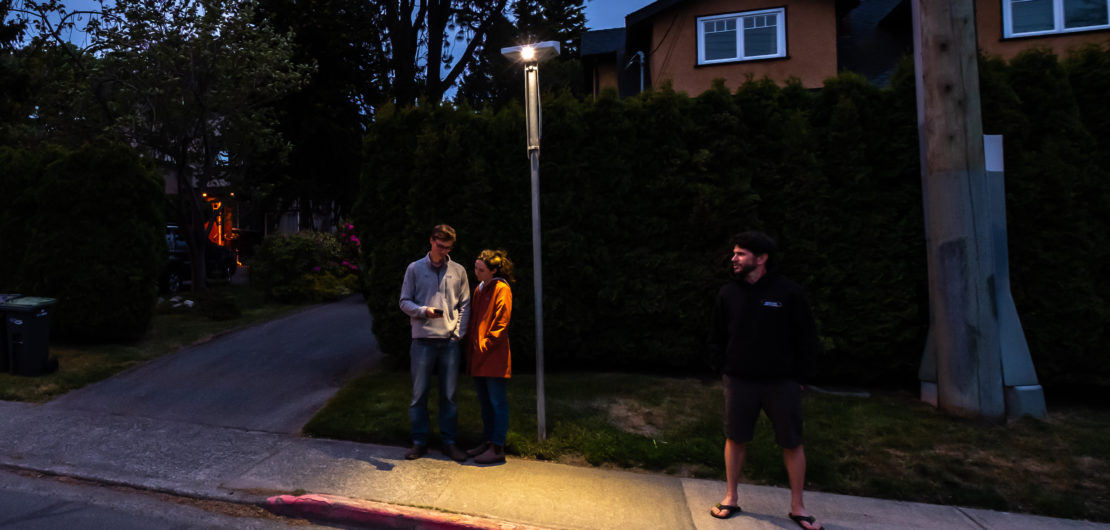 News and Articles
News and Articles
Urban Solar Awarded Contract to Supply PV Stop+ to North Charleston, SC
BEAVERTON, OR – Following a competitive Request for Proposal (RFP) process, the Charleston Area Regional Transportation Authority (CARTA) has chosen Urban Solar’s PV Stop + to provide bright, reliable security lighting at the Authority’s unsheltered bus stops.
The PV Stop+ is a self-contained solar lighting system that is easily installed on any bus stop pole. Transit agencies across the United States trust the PV Stop+ to enhance rider safety and reduce pass-bys.
“We selected Urban Solar’s PV Stop+ for its compact, powerful design. Offering dusk to dawn illumination from a renewable energy source at our bus stops is way for us to increase our brand, safety and overall amenities for Charleston area riders,” states Jason McGarry with CARTA.
“The PV Stop+ represents the latest evolution of our popular PV Stop pole-mounted lighting systems,” states Eben Lindsey, Senior Business Development Manager at Urban Solar. “Our clients asked us for greater light output, connected lighting options, power for real time signage. The PV Stop+ delivers.” Adds Jeff Peters, Urban Solar President “We are honored to have been selected by CARTA to enhance safety at bus stops for Charleston area residents.”
The PV Stop+ includes the following attributes:
- Fully programmable on-demand (push button) or automatic operation
- Available power for e-paper real time signage (RTS) and other stop amenities (i.e. USB charging)
- Long-lasting lithium-ion battery technology is now standard to extend battery change intervals
- Optional ECM ConnectTM cloud-based monitoring and control to reduce maintenance costs.
- UL system-level listing (in process)
- Made in the United States – Buy America compliant
- Industry leading 10-year system warranty
ABOUT CARTA
Charleston Area Regional Transportation Authority (CARTA) operates Charleston’s public transportation system covering the metro area of Charleston, South Carolina. CARTA is the state’s largest public transportation provider and ranks as one of the top systems in the Southeast, with a ridership of well over 4 million annually.